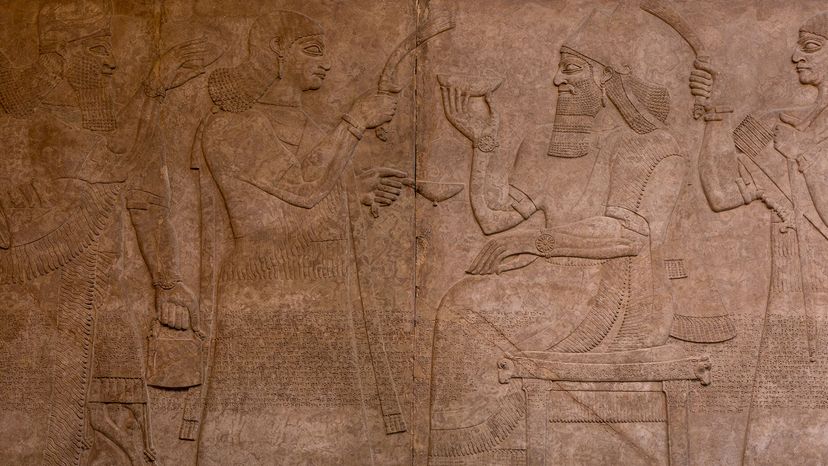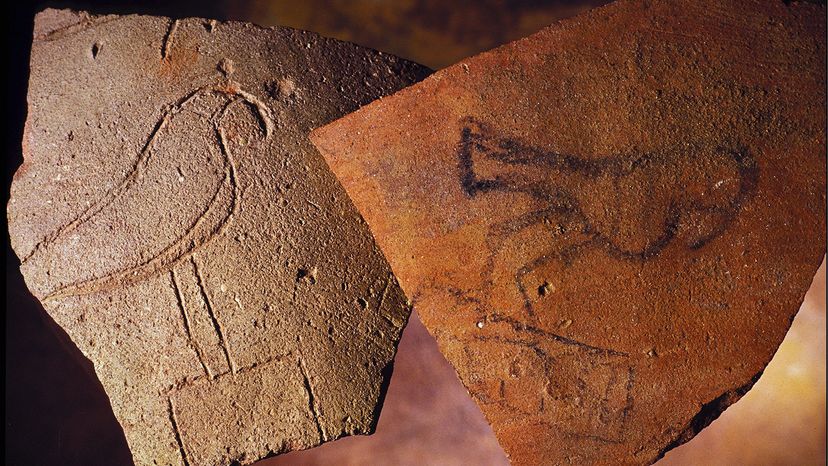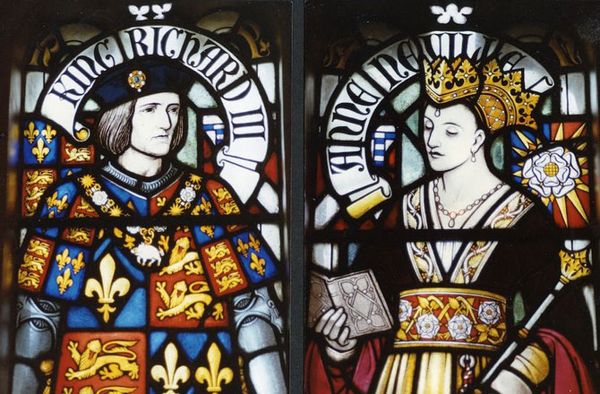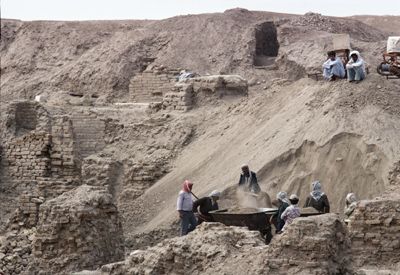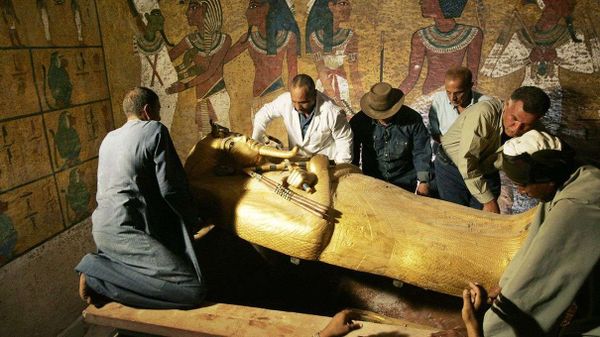Some historians say that Egypt may lay claim to the world's first king, perhaps Iry-Hor or Namer. They point to the Sumerian King List, an ancient manuscript filled with the kings – real and fictitious – who once ruled the area around modern day Iraq. This text, discovered in the early 20th century, is so old that its first "pages" are inscribed on cuneiform tablets.
"According to a later Mesopotamian tradition enshrined in the Sumerian King List, the first king was Alulim, ruler of the city of Eridu. He lived in the mythological time before the deluge and is credited (in some manuscripts) with a reign of 28,000 years," says Eckart Frahm, professor of Near Eastern languages and civilizations at Yale University, via email. "According to the same source, the first king after the deluge was a certain Gushur, who is said to have ruled in the city of Kish for 1,200 years." The Sumerian King List has some remarkable similarities to the early chapters of Genesis, including a story of a great flood or deluge, which in the Bible involved Noah's ark.
The Sumerian King List is anything but literal. It blends reality with mythology; thus, the kings supposedly had reigns lasting tens of thousands of years.
"Many of the individuals mentioned in the first sections of the Sumerian King List are, however, clearly fictitious figures, and this may well apply to the ... aforementioned ones [Gushur and Alulim]," says Frahm.
"Among the first rulers whose names are documented in contemporary written sources are Me (or Ishib)-baragesi of Kish, Akka-Inannaka of Umma and a certain HAR.TU (exact pronunciation unknown) of the city of PA.GAR (modern Tell Agrab). They probably ruled around 2700-2600 B.C.E."
Me-baragesi is called the first ruler of Mesopotamia (circa 2700 B.C.E.), and our evidence of his rule comes from inscriptions found on vase fragments. As the leader of Kish, a northern Babylonian city, he reportedly defeated Elam, a civilization found in what's now Iran, and then went on to lead his people for 900 years. Not including the ridiculous life span, Me-baragesi might be the first king in history.
But he's not the only claimant to this title.
"The first ruler whose reign we can somewhat see is that of the person buried in Tomb U-j at Abydos," says John Darnell, Egyptology professor at Yale University, via email. This tomb dates to about 3320 B.C.E. "Chronologically he appears to have been the first ruler of what we call Dynasty 0, the unified kingdom of Upper Egypt whose last ruler, Narmer, consolidates Upper Egyptian control of the north and establishes the First Dynasty.
"The oldest surviving element of identifiable royal regalia, a crook of the standard Egyptian crook and flail pair, was actually found during the re-excavation of the tomb by the German Archaeological Institute in Egypt (DAIK). The burial also contained numerous examples of marking systems, prominent amongst these a series of inscribed bone labels."
